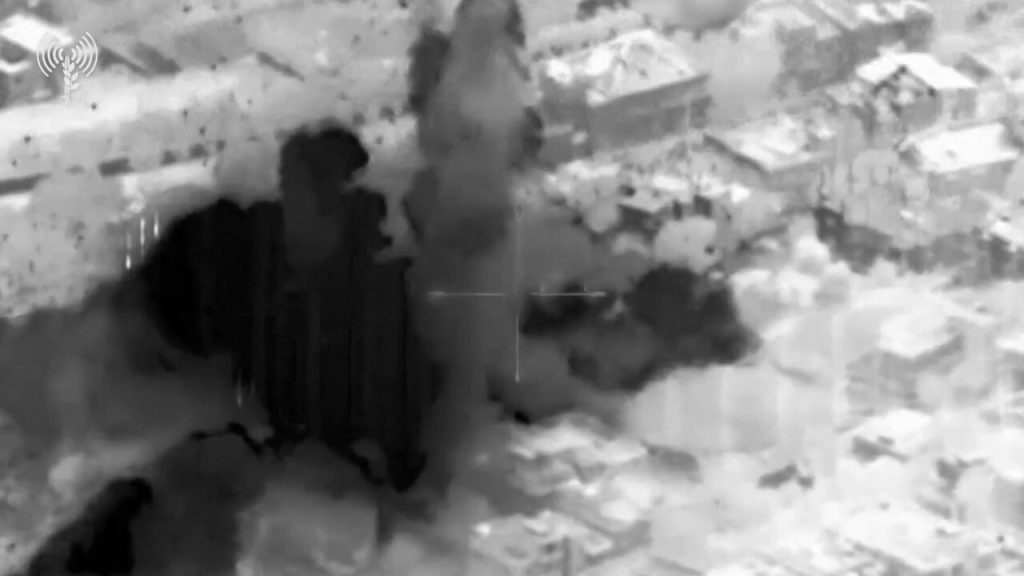Israel launched a series of overnight strikes on sites in Lebanon that were allegedly being used by Hezbollah terrorists, following two waves of deadly electronic device explosions across Lebanon. The Israeli strikes targeted infrastructure sites in southern Lebanon, including Chihine, Tayibe, Blida, Meiss El Jabal, Aitaroun, and Kfarkela, as well as a Hezbollah weapons storage facility in Khiam. The Israel Defense Forces (IDF) stated that they would continue to operate against the threat of Hezbollah in order to defend Israel.
The explosions in Lebanon were caused by pagers used by Hezbollah members which detonated, resulting in the deaths of 12 people, including two children, and injuring approximately 2,800 others on Tuesday. Another wave of explosions on Wednesday resulted in at least 25 deaths and over 450 injuries. Hezbollah officials claimed that the devices included walkie-talkies and solar equipment. While Israel has been largely blamed for the blasts, the Israeli government has not commented on the explosions. A senior U.S. official confirmed to Fox News that Israel was behind the explosions of the pagers used by Hezbollah.
Hezbollah leader Hassan Nasrallah addressed the attacks on Thursday, stating that the group is investigating the incidents. Nasrallah described the attacks as a “huge and severe blow” and accused Israel of crossing boundaries, red lines, and potentially committing war crimes or a declaration of war. The Israeli military released a statement blaming Hezbollah for turning southern Lebanon into a combat zone, accusing the terrorist organization of weaponizing civilian homes, digging tunnels beneath them, and using civilians as human shields.
The explosions in Lebanon have raised concerns about a potential escalation into a full-scale war between Israel and Hezbollah. The Israeli military’s actions have intensified tensions in the region as Hezbollah vows to investigate the incidents further. Hezbollah has a history of conflict with Israel, and the recent attacks have prompted both parties to engage in rhetoric accusing one another of unethical and unlawful actions. The situation remains volatile as both sides continue to assert their positions and threats of further violence loom.
The Israeli strikes and explosions in Lebanon have heightened tensions and raised the specter of a broader conflict in the region. Israel’s actions against Hezbollah compounds the longstanding animosity between the two adversaries and threatens to ignite a more significant confrontation. The international community is closely monitoring the situation, hoping for a de-escalation of hostilities and a return to relative stability. The effects of the recent events in Lebanon will likely have far-reaching implications for regional security and geopolitical dynamics, as both Israel and Hezbollah navigate the aftermath of the attacks and seek to protect their respective interests.
The Israeli military’s strikes on Hezbollah targets in Lebanon and the subsequent explosions have once again put the spotlight on the volatile relationship between the two adversaries. As both sides trade accusations and threats, the risk of a major conflict looms large, with potentially devastating consequences for the region. The international community must work to prevent further escalation and encourage dialogue to address the root causes of the tensions between Israel and Hezbollah. The situation in Lebanon remains precarious, with the threat of violence lingering as both parties remain on edge and prepared to respond to any perceived provocation.













